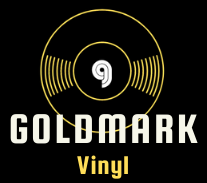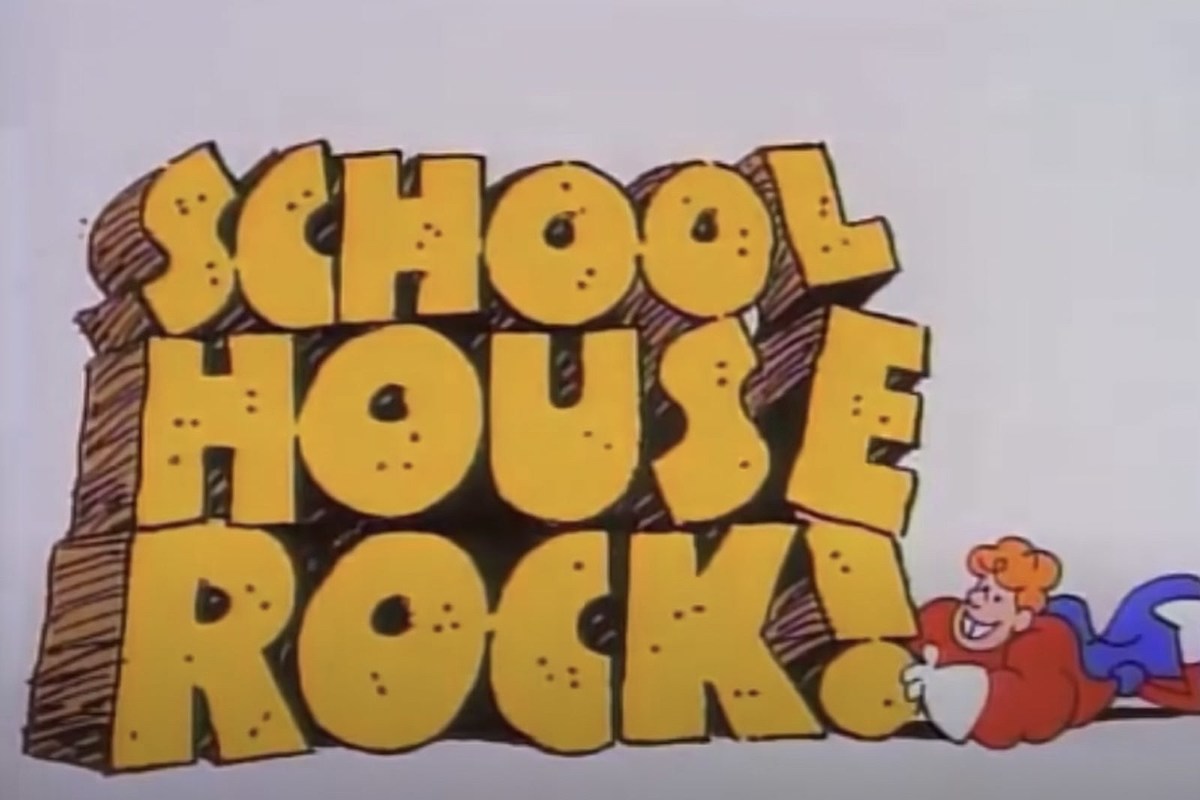Classic Rock
‘Schoolhouse Rock!’ Combines Earworms and Education
People often think of the ’70s as a time of supreme cynicism. The airwaves were dominated by the Watergate hearings, movie theaters were awash with a never-ending string of films about an America overrun by corruption and decay; the international news was dominated by the Vietnam War, the energy crisis, the Iran hostage crisis, stagflation and Jonestown. And as the ’80s approached and disco emerged, people even started prophesying the death of the most American institution of all: rock ‘n’ roll.
But this view eclipses an entirely different side of the 1970s, one made up of enthusiasm, hope and belief in the power of people. If you want to see a perfect encapsulation of this, look no further than Schoolhouse Rock!, one of the most optimistic offerings the decade produced.
The idea behind the show was at once simple and revolutionary: make short pieces of animated entertainment for kids, set to funky rock and jazz music … and then cram them full of educational material, including math, grammar, American civics, science and more. It was simple because kids love music and cartoons. It was revolutionary because it was one of the few times in U.S. history that a major entertainment conglomerate – in this case, the American Broadcasting Company – embarked on the enterprise of real, civically-minded education for children and also managed to make it wildly entertaining.
The idea was the brainchild of an advertising executive named David McCall, who wondered why his son could recite the lyrics of rock songs but couldn’t remember the multiplication tables. He hired a jazz musician named Bob Dorough to write a song about math, and Dorough came up with “Three Is a Magic Number,” a rather beautiful up-tempo ballad that ranges from speculations about “the ancient mystic trinity” – triangles, tricycles and the nuclear family – to a hypnotic recitation of the multiplication tables.
Watch ‘Three Is a Magic Number’ From ‘Schoolhouse Rock!’
Dorough was no slouch as a songwriter – he had played with Charlie Parker and Miles Davis – and executives at ABC immediately saw the potential behind his ditty. They were looking for something to compete with Sesame Street, which, in the several years since its first episode in 1969, had already become a children’s television juggernaut, and when the vice president of ABC Michael Eisner saw the pitch, he was hooked. Eisner brought in the legendary Chuck Jones, famous for his work on Looney Tunes cartoons, to oversee the program, and Schoolhouse Rock! was born.
The first season was aired on Saturday mornings starting on Jan. 6, 1973, when all of ABC’s content – like that of many networks – was aimed at kids. The network shortened its regular shows by three minutes to make room for the Schoolhouse Rock! shorts, and played them incessantly.
Watch ‘My Hero, Zero’ From ‘Schoolhouse Rock!’
The season was animated by a team under the supervision of Tom Yohe. Dorough wrote all the music and the lyrics, and performed nearly all of them himself, although he was also joined by drummer Grady Tate (who cut his teeth with Ella Fitzgerald, Duke Ellington and Count Basie before becoming the drummer in Quincy Jones‘ band) and singer Blossom Dearie (who had worked with Johnny Mercer, Miles Davis and many more). It was a stunning success, so much so that Capitol Records almost immediately released an album featuring all the songs from the first season.
Not only was it popular with kids but – as anyone who came of age in the ’70s or ’80s can tell you – Dorough had an amazing knack for coming up with musical earworms still capable of emerging unannounced to take over your mind all these years later.
And there’s a great reason for this. “Three Is a Magic Number,” “My Hero, Zero,” “I Got Six” and the rest became instant classics in the kid’s music genre, but listen to them now and what pops is the quality of songwriting and musicianship.
Watch ‘Conjunction Junction’ From ‘Schoolhouse Rock!’
Had it stopped at numbers, Schoolhouse Rock! might be remembered as little more than a one-off, a brief cultural curiosity. But they were just getting started. The fall of 1973 and spring of 1974 brought the second season, which focused on, of all things, English language grammar. There may be no more boring subject in all of education, but ask anyone who saw the shorts for “Conjunction Junction” or “A Noun Is a Person, Place or Thing” as a kid to tell you what those things are, and they’ll likely be able to.
The following year was the U.S. bicentennial, and to celebrate Schoolhouse Rock! released a collection of songs about American history. By this point, other writers had been brought on board, and one of them, Dave Frishberg, wrote what might be the most famous of all the songs the show produced: “I’m Just a Bill.”
Performed by Jack Sheldon, the short describes the way that a bill becomes a law in the U.S., and became a kind of pop cultural phenomenon, being referenced in hip-hop songs and movies, and parodied in shows ranging from The Simpsons to Saturday Night Live to Black-ish.
Watch ‘I’m Just a Bill’ From ‘Schoolhouse Rock!’
Schoolhouse Rock! would go on to produce a final season in 1978-79 about science. Because of its enduring popularity, it would be resurrected briefly in later decades, with a season in the ’80s about computers, in the ’90s about money and in the ’00s about the earth and climate.
But as a product of the ’70s, its legacy reflects some of the most non-cynical beliefs of that decade. Although the series is aimed at kids, the music underlying the episodes is not the treacly, singsong pap that underlies so much kids’ music today. And the vocals, although they often feature children posing questions, are performed with real rock and jazz intonations. The series assumes, in other words, that kids can be interested in, and entertained by, the same kinds of things as adults are.
Most importantly, the subject matter is remarkably serious. The season on American civics in particular believes that kids can not only learn but will be interested in the way a bill becomes law, the history of the territorial expansion of the United States (“Elbow Room”) or the operations of the Electoral College (“I’m Gonna Send Your Vote to College”).
All of which to say that there’s not a trace of cynicism in Schoolhouse Rock! Instead, it’s almost radically hopeful about the potential of children and the possibilities of education. Not bad at all for a decade that most people think of as being pretty bleak.
28 Classic Films That Were Turned Into (Mostly Failed) TV Shows
Many classic ’70s and ’80s flicks have spawned TV series – but few have found success.

